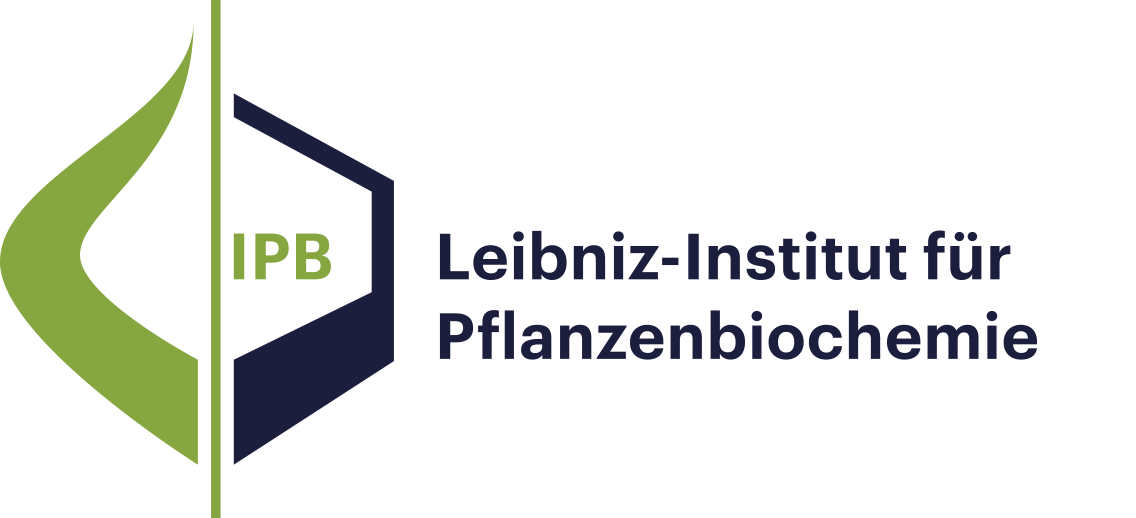- Ergebnisse als:
- Druckansicht
- Endnote (RIS)
- BibTeX
- Tabelle: CSV | HTML
Publikation
Publikation
Leitbild und Forschungsprofil
Molekulare Signalverarbeitung
Natur- und Wirkstoffchemie
Biochemie pflanzlicher Interaktionen
Stoffwechsel- und Zellbiologie
Unabhängige Nachwuchsgruppen
Program Center MetaCom
Publikationen
Gute Wissenschaftliche Praxis
Forschungsförderung
Netzwerke und Verbundprojekte
Symposien und Kolloquien
Alumni-Forschungsgruppen
Publikationen
Publikation
Mitogen-activated protein kinase (MPK) cascades are important for eukaryotic signal transduction. They convert extracellular stimuli (e.g. some hormones, growth factors, cytokines, microbe- or damage-associated molecular patterns) into intracellular responses while at the same time amplifying the transmitting signal. By doing so, they ensure proper performance, and eventually survival, of a given organism, for example in times of stress. MPK cascades function via reversible phosphorylation of cascade components MEKKs, MEKs, and MPKs. In plants the identity of most MPK substrates remained elusive until now. Here, we provide a robust and powerful approach to identify and quantify, with high selectivity, site-specific phosphorylation of MPK substrate candidates in the model plant Arabidopsis thaliana. Our approach represents a two-step chromatography combining phosphoprotein enrichment using Al(OH)3-based metal oxide affinity chromatography, tryptic digest of enriched phosphoproteins, and TiO2-based metal oxide affinity chromatography to enrich phosphopeptides from complex protein samples. When applied to transgenic conditional gain-of-function Arabidopsis plants supporting in planta activation of MPKs, the approach allows direct measurement and quantification ex vivo of site-specific phosphorylation of several reported and many yet unknown putative MPK substrates in just a single experiment.
Publikation
Mitogen-activated protein kinase (MPK) cascades are important for eukaryotic signal transduction. They convert extracellular stimuli (e.g. some hormones, growth factors, cytokines, microbe- or damage-associated molecular patterns) into intracellular responses while at the same time amplifying the transmitting signal. By doing so, they ensure proper performance, and eventually survival, of a given organism, for example in times of stress. MPK cascades function via reversible phosphorylation of cascade components MEKKs, MEKs, and MPKs. In plants the identity of most MPK substrates remained elusive until now. Here, we provide a robust and powerful approach to identify and quantify, with high selectivity, site-specific phosphorylation of MPK substrate candidates in the model plant Arabidopsis thaliana. Our approach represents a two-step chromatography combining phosphoprotein enrichment using Al(OH)3-based metal oxide affinity chromatography, tryptic digest of enriched phosphoproteins, and TiO2-based metal oxide affinity chromatography to enrich phosphopeptides from complex protein samples. When applied to transgenic conditional gain-of-function Arabidopsis plants supporting in planta activation of MPKs, the approach allows direct measurement and quantification ex vivo of site-specific phosphorylation of several reported and many yet unknown putative MPK substrates in just a single experiment.

